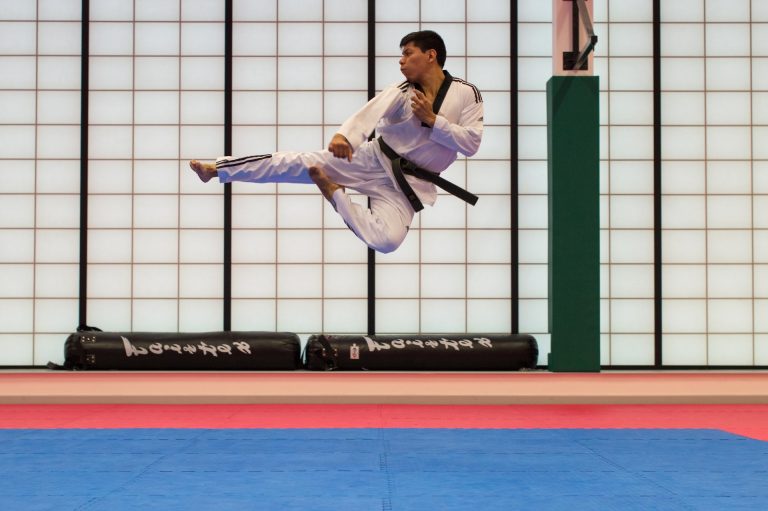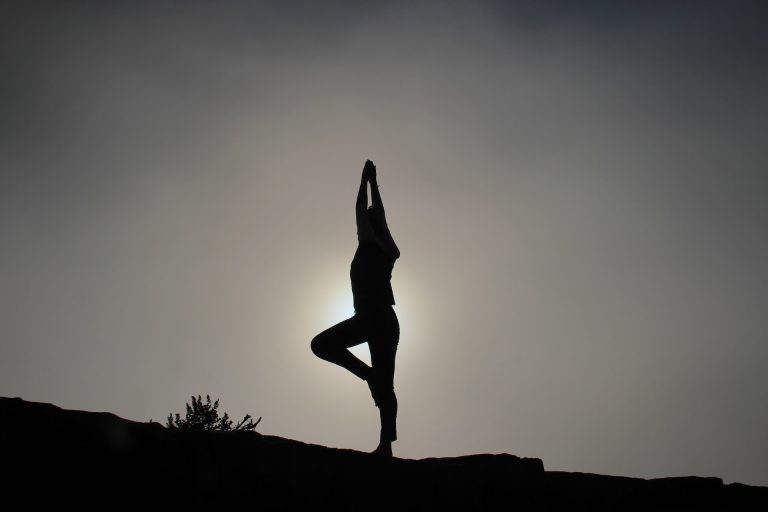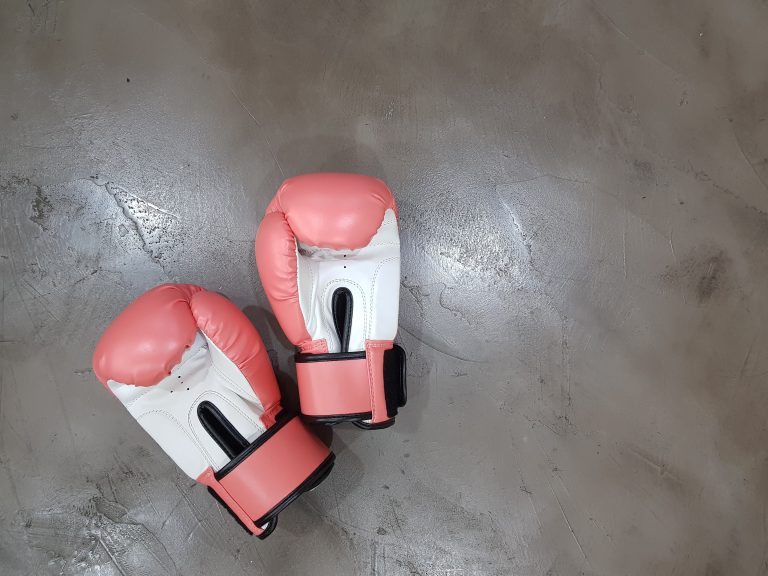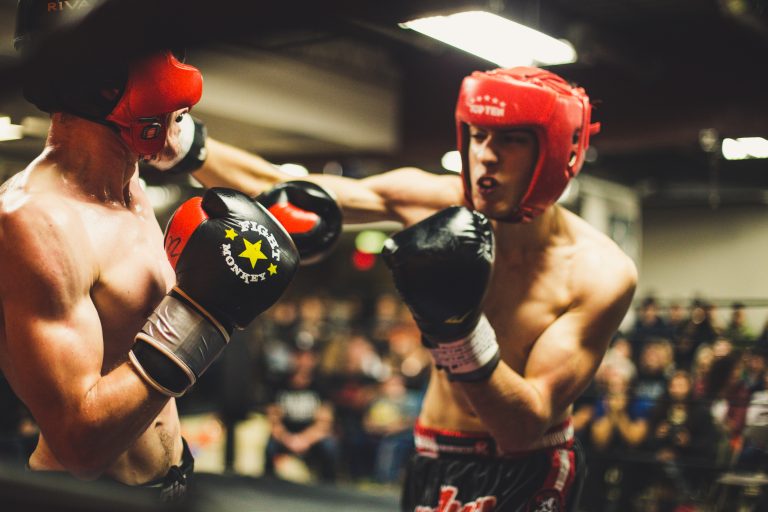Karate: What Makes it an Ideal Martial Arts Form for Self Defense?
Karate is a martial art form that is widely popular in the western world. It is seen as an effective form of self defense, and is often used in competition martial arts as well. In this blog post, we will look at what makes karate an ideal choice for self-defense, examining its history, benefits, and training methods. We will also discuss the differences between karate and other martial arts forms such as Judo and Tae Kwon Do.
History of Karate
Karate is a Japanese martial art form which originated in Okinawa and was developed from indigenous fighting forms, including te (Chinese hand), and Okinawan karate-jutsu (Okinawan martial art form). It became popular throughout Japan starting in the early 1900s, with the styles of Shuri-te, Naha-te, and Tomari-te becoming the foundation for modern karate. The term “karate” was coined by Gichin Funakoshi in 1935, and the Japan Karate Association (JKA) which he founded in 1945 consolidated the various styles of karate into a single unified style.
Karate is now widely practiced in the western world, with many different styles such as Shōtōkan, Gojuryū, Kyokushinkai and Uechi-ryū to name just a few. The World Karate Federation is the main international governing body for karate competitions, with national federations coordinating events in their respective countries.
Benefits of Karate for Self-Defense
Karate is well-suited to self-defense due to a range of benefits which it offers practitioners. Here are some of the main reasons why karate is ideal for self defense:
- It is an effective form of self defense. Karate is a martial art form which emphasizes self-control, proper technique, and aggressive yet controlled attack and defense. As such, it provides students with an effective method to defend themselves against attackers in any situation.
- It is good for physical fitness. Practicing karate will increase your strength, endurance, agility, flexibility, and overall muscular coordination. This will allow a person to defend themselves more effectively as well as train for competitive events.
- It develops mental strength. Many of the techniques and principles of karate require mental discipline and strength, such as the necessity to stay calm during an attack and recall techniques quickly in a real-life situation. This mental discipline will allow you to make better decisions in self defense scenarios.
- It can help build character. Martial arts are not solely about physical strength – they also require a sense of honor and responsibility which must be developed over time. This same sense of responsibility can be applied to everyday life in order to become a better person.
In addition to these benefits, karate offers many recreational opportunities. Students can participate in competitions or other activities such as sparring demos or tournaments to develop their skills further.
How to Learn Karate for Self-Defense
Karate is best learned at a dojo or martial arts school under the supervision of an experienced teacher. In this way students can learn the proper technique and physicality required for effective self-defense. The most important thing is to focus on defensive moves, as these are the most useful and effective when dealing with attackers in real-life scenarios. Once students have mastered these defensive techniques, they can move on to more aggressive moves such as grappling and locks.
When it comes to learning karate for self defense, here are some tips:
- Find a reputable dojo or martial arts school. Do some research and make sure you find a good dojo or martial arts school that can provide quality instruction.
- Be patient. It takes time to learn any martial art form properly, so be patient with yourself and don’t get discouraged if you aren’t making progress quickly.
- Practice regularly. The best way to improve your skills is to practice regularly. Aim to practice each move multiple times until you have mastered it.
- Train with a partner. Sparring with a partner can help you perfect your technique and familiarize yourself with real-life scenarios.
- Understand the principles of karate. Understanding the principles behind why each move works will help you bridge the gap between theory and practical application.
What Sets Karate Apart from Other Martial Arts Forms?
When comparing karate with other martial arts forms such as Judo and Tae Kwon Do, there are several key differences which set it apart.
- Specialization. Karate emphasizes hand techniques over other weapons such as knives or sticks. While Judo and Tae Kwon Do also use hand techniques, they are primarily focused on throws or takedowns rather than blocks or strikes.
- Research-based Training. Karate uses research-based methods such as studying body mechanics and psychology in order to understand the most effective strategy when confronting attackers. This differs from Judo or Tae Kwon Do which rely more heavily on memorization of predetermined techniques.
- Aesthetic Differences. Karate typically has more fluid movements than other martial arts forms – moves are usually executed in smooth combinations rather than individual attacks. In addition, techniques often emphasize wide stances which appear more aesthetically pleasing.
Conclusion
Karate is an ideal form of martial art for self-defense due to its effectiveness in defending against attackers as well as its numerous benefits for physical fitness and mental strength. People of any age or gender can learn karate through proper training under the supervision of an experienced teacher at a reputable dojo or martial arts school. People should also understand the principles behind the techniques so that they can apply them effectively in real-life scenarios. Karate sets itself apart from other martial arts forms thanks to its specialization in hand techniques, research-based training methods, and aesthetically pleasing movements.By following these guidelines and recommendations, anyone can benefit from learning karate for self-defense.
Karate: What Makes it an Ideal Martial Arts Form for Self Defense?
Karate is a traditional martial arts form that originated in Japan. One of the main reasons karate is an ideal martial arts form for self-defense is because of its focus on striking techniques. Through rigorous training, karate practitioners can develop unparalleled reflexes and fast, powerful strikes that can incapacitate an attacker. In this article, we’ll delve deeper into the reasons why karate is an ideal martial arts form for self-defense.
What is Karate?
Karate is a martial arts system that involves the use of punches, kicks, and strikes with the hands, arms, elbows, feet, and legs. Its origins can be traced back to the island of Okinawa in the 19th century, and it has since become one of the most popular martial arts forms in the world.
There are many different styles of karate, including Shotokan, Goju-Ryu, Kyokushin, and Wado-Ryu, each with its unique set of techniques, strategies, and philosophies.
Why is Karate an Ideal Martial Art for Self Defense?
There are many reasons why karate is an ideal martial art for self-defense, including the following:
1. Emphasis on Striking Techniques
Karate is primarily focused on striking techniques, making it an effective martial art form for self-defense. Practitioners of karate train to develop fast, powerful strikes with their hands, arms, feet, and legs, which can be used to incapacitate an attacker quickly.
2. Practical and Realistic Training
Karate training is based on practical and realistic scenarios that a person might encounter in a self-defense situation. The training includes techniques for defending against various types of attacks, such as punches, kicks, and grabs.
3. Self-Discipline and Mental Toughness
Karate training promotes self-discipline, mental toughness, and confidence, which can be important traits in a self-defense situation. Practitioners of karate are taught to remain calm and focused under pressure, which can help them make better decisions in a dangerous situation.
4. Physical Conditioning
Karate training is physically demanding and involves lots of cardiovascular and strength training exercises. This physical conditioning can help someone to better handle the stress of a self-defense situation.
5. Adaptable to Any Age or Gender
Anyone can learn karate, regardless of age or gender. It is a martial art that can be adapted to suit the needs of individuals at all skill levels, making it an ideal form of self-defense for anyone.
Conclusion
Karate is an ideal martial arts form for self-defense. Its focus on striking techniques, practical and realistic training, and development of self-discipline and mental toughness, make it a great choice for anyone looking to learn self-defense skills. With regular karate training, anyone can develop strong self-defense reflexes and skills that can help them in dangerous situations.
Inhaltsverzeichnis






